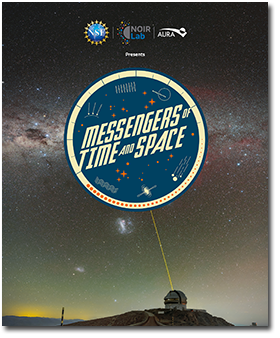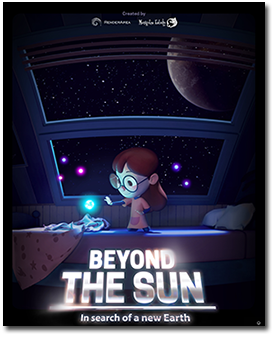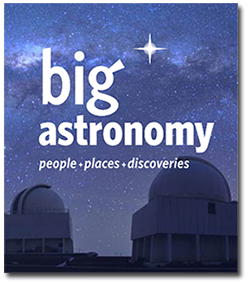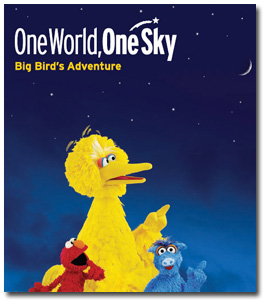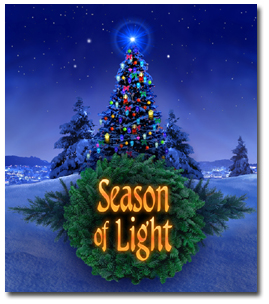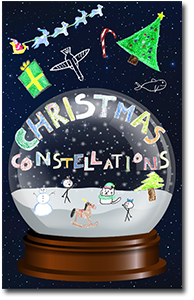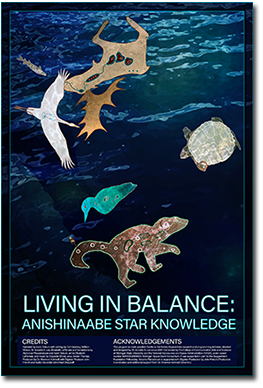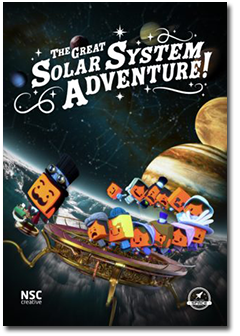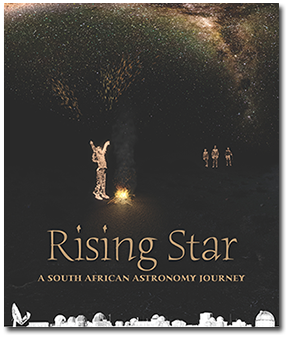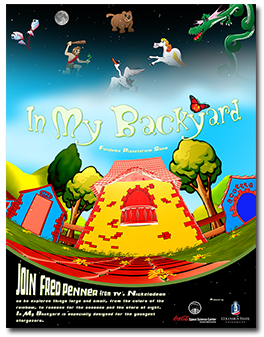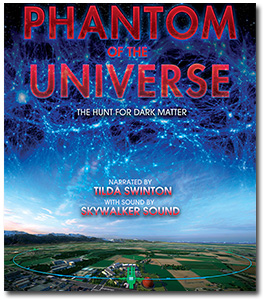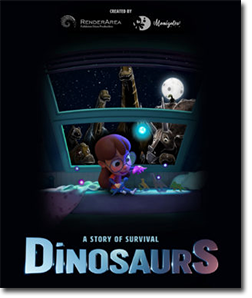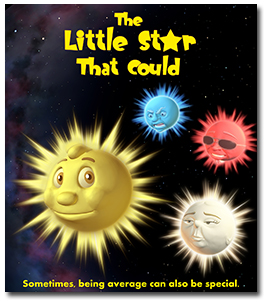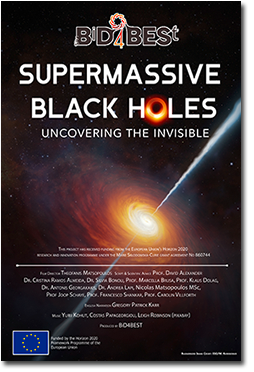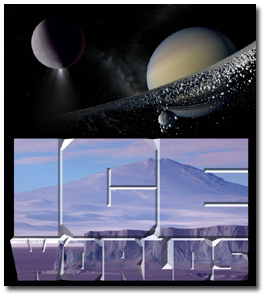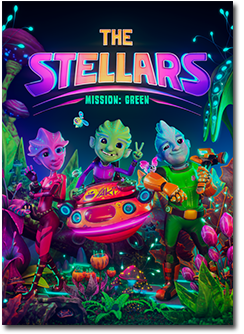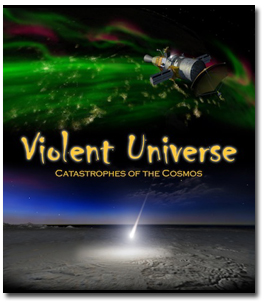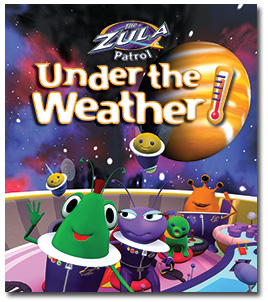Sunday, October 19, 2025
Sunday, November 16, 2025
Sunday, December 21, 2025
Sunday, January 18, 2026
Sunday, February 15, 2026
Sunday, March 15, 2026
Sunday, April 19, 2026
Sunday, May 17, 2026
Sunday, June 21, 2026
Sunday, July 19, 2026
Planetarium Parking (Click for Map):
Weekends and weekdays after 6:00 pm free parking is available in the lot directly across the street from Abrams Planetarium (Lot 41). Weekdays from 6:00 am to 6:00 pm public parking for the planetarium is limited. Busses and other marked vehicles may park directly in front of the planetarium, in the bus loading zone while their presentation is being given. On weekdays the closest public parking to the planetarium is in the parking ramp directly behind the building (Shaw Lane Parking Ramp, Ramp 1/Lot 51). Public parking is in the basement sublevels and is Pay by Plate. For more information about Pay by Plate, please visit to the MSU Parking Services website.


